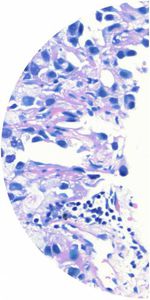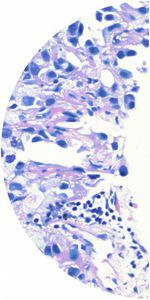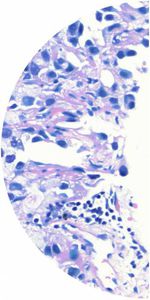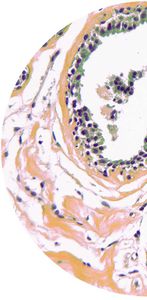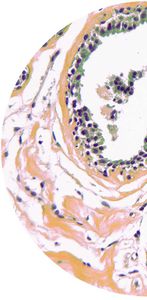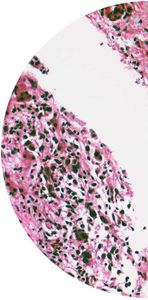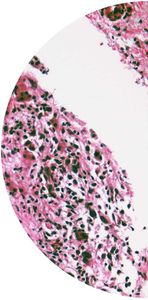
Esophageal cancer test kit ESOPHACAN™oncologyfor precision medicinefor HER2 mutations
Add to favorites
Compare this product
fo_shop_gate_exact_title
Characteristics
- Applications
- for esophageal cancer
- Application field
- oncology, for precision medicine
- Tested parameter
- for HER2 mutations, dMMR, MSI
- Sample type
- plasma, FFPE tissues, liquid biopsy
Description
Gastrointestinal (GI) cancers are a group of cancers that affect the GI tract and accessory organs of the digestive system, such as colorectal cancer, gastric cancer, esophageal cancer, pancreatic cancer, liver cancer and gastrointestinal stromal tumor (GIST).
Different treatment strategies are available for GI cancers depending on the cancer type and disease stage – including surgery, chemotherapy and radiation therapy, which may be employed alone or in-combination in a neoadjuvant or adjuvant set-up. With recent breakthroughs in uncovering the molecular basis of different GI cancers, targeted therapy and immunotherapy have proven effective in treating GI cancer patients with specific genetic biomarkers.
Who Is It For
GI cancer patients seeking precision medicine
Patients with recurrent GI cancers
GI cancer patients resistant to targeted therapy
Sample Types
Tumor tissue (FFPE block/slides, or frozen tissue)
Fine needle biopsy
Liquid biopsy (plasma and others)
Targets 58 key genes in esophageal cancer
Comprehensive testing of genetic alterations in RAS/RAF/MAPK and PI3K/AKT pathways, and other related protein kinase signaling cascades
Analyzes HER2 (ERBB2) gene mutations and copy number gain to better inform HER2 targeted therapy decisions
Evaluates microsatellite instabilities (MSI) and mismatch repair deficiency (dMMR) to better inform immunotherapy decisions
Predicts efficacy and toxicity of chemotherapy based on associated genetic biomarkers
Identifies potential drug resistance mechanisms
Assesses genetic predisposition to esophageal cancer
Catalogs
No catalogs are available for this product.
See all of Geneseeq‘s catalogsRelated Searches
- Assay kit
- Blood assay kit
- Plasma assay kit
- Molecular test kit
- Oncology test kit
- Tissue detection kit
- Genetic test kit
- Oncology test kit
- Genetic mutation detection kit
- FFPE tissues assay kit
- Cerebral test kit
- BRAF gene test kit
- Colorectal cancer test kit
- Lung cancer detection kit
- Genomic test kit
- Genomic DNA detection kit
- BRAF mutation detection kit
- NGS sequencing assay kit
- KRAS mutation detection kit
- Bone marrow assay kit
*Prices are pre-tax. They exclude delivery charges and customs duties and do not include additional charges for installation or activation options. Prices are indicative only and may vary by country, with changes to the cost of raw materials and exchange rates.


